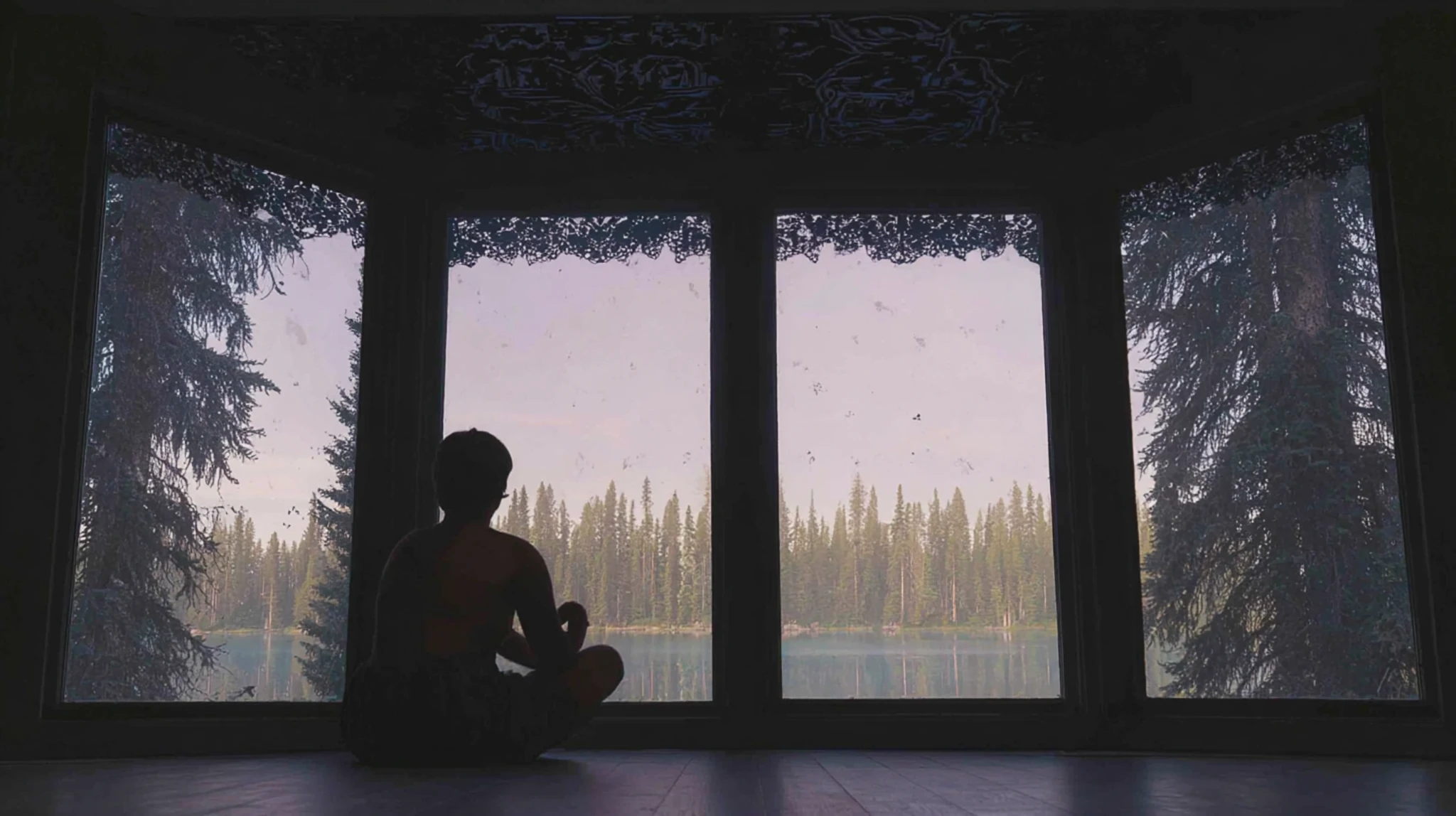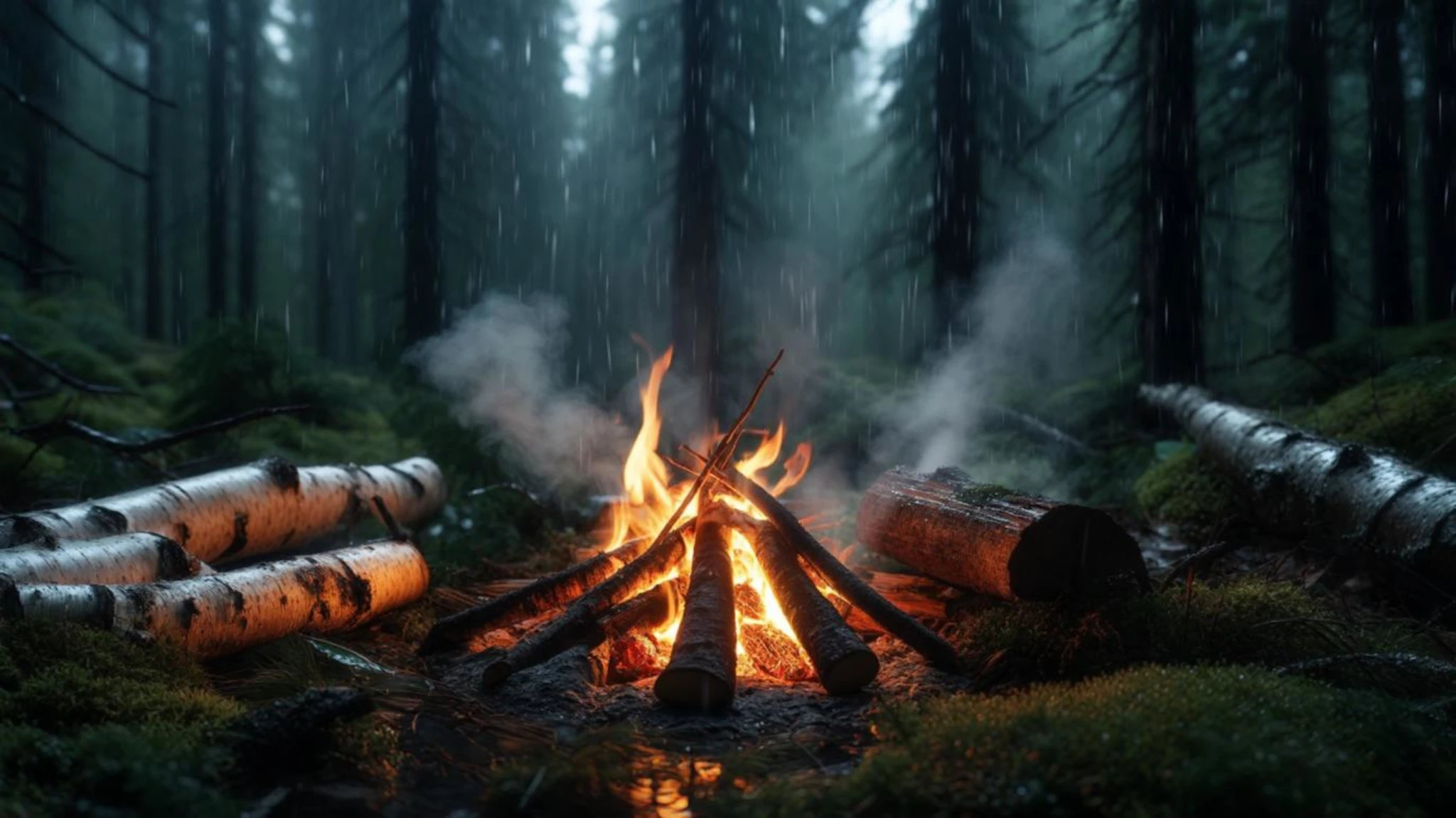There’s something no gear, no training, and no bug-out bag can fully prepare you for: being truly alone.
Not the “I’m off-grid for a weekend” kind of alone. Not a camping trip. Not a solo hike.
We’re talking alone with no plan, no backup, no idea if anyone’s coming for you. Stranded in the woods. Lost in the desert. Isolated after an accident. Your phone’s dead. You haven’t seen a soul in two days.
Most people think they’d fight through it. They imagine setting up a shelter, starting a fire, rationing food. But the truth? The mind collapses long before the body does.
In survival, the first 72 hours are a crucible. It’s when most people break.
The First Enemy Is in Your Head
The wild is quiet. Too quiet. No engine noise. No voices. No notifications. The moment the stillness hits, panic creeps in.
You start asking questions:
“Does anyone know I’m here?”
“What if no one’s coming?”
“How long can I survive out here?”
Those thoughts spiral. They get louder. And soon, you’re not thinking about shelter or fire—you’re trapped in your own fear.
Panic clouds judgment. It makes people rush when they should rest, scream when they should listen, and wander when they should stay put.
Why 72 Hours Is the Breaking Point
In countless wilderness rescue studies and real-world accounts, the three-day mark is where most untrained people start to unravel. Physically, they may still have energy. But mentally? They’re spent.
Why?
Sleep deprivation. Night noises, fear, and cold make rest nearly impossible.
Dehydration. Most haven’t located or purified water yet.
No sense of control. You don’t know what’s happening beyond the treeline.
Loneliness. Humans are wired for social contact. Alone in danger, we begin to mentally fracture.
And it only takes a few bad decisions—like wandering off to “find help” without a plan—for things to go from bad to fatal.
The First Rule: Stop the Spiral
If you find yourself stranded and alone, the first thing you have to do is stop. Literally.
The STOP acronym is more than a cliche. It’s survival psychology in action:
S – Stop. Don’t rush. Don’t run. Just breathe.
T – Think. What do you know for sure?
O – Observe. What’s around you? Shelter? Water? Signs of rescue?
P – Plan. What’s your next move? Not the next 10. Just the next one.
The goal is to reclaim your mind before fear hijacks it.
Make the World Smaller
One of the best tricks for surviving isolation is to shrink your focus. Don’t think about next week. Don’t even think about tomorrow.
Break your day into survival tasks:
Every small success is a psychological anchor. It reminds you: you’re not dead yet. You’re in control.
Sound, Fire, Light—You’re Not Lost If They Can Find You
If you’re stranded and no one knows where you are, signaling becomes your second job.
Fires are ideal, especially three in a triangle or line—a global distress signal.
Reflective surfaces, smoke, and movement draw attention.
Yelling wastes energy. Whistles don’t.
Don’t hide. Get to elevation. Leave symbols or footprints in open spaces.
Feeling like you’re doing something—anything—to be found helps stave off despair.
Loneliness Kills Quietly
One of the cruelest parts of solo survival is what happens when night falls. You’ve done the work. You’ve got a shelter. Maybe even a fire. But then darkness comes, and so does the silence.
That’s when the fear creeps back in. The what-ifs. The guilt. The sense that no one’s looking.
This is where strong minds survive. They talk to themselves. They sing. They pray. They write notes in the dirt. They give themselves a mission: survive the night. Then the next one. Then the next.
You don’t have to be emotionless. You just have to refuse to let those emotions drive your next move.
What Keeps You Alive Isn’t Gear—It’s Grit
People survive weeks with nothing but a knife and their will. Others die in 48 hours with a full pack. The difference? Mental endurance.
You don’t need to be fearless. You need to be focused. You need to treat your mind like it’s part of your gear—maintained, sharpened, protected.
Keep moving. Keep thinking. Keep building. Do one thing every hour that makes your situation better.
You’re alone. But you’re not done.
Being stranded and alone is every survivalist’s nightmare—and every prepper’s test. But it’s not the wilderness that breaks people. It’s the silence.
If you want to survive it, start preparing now. Not just with gear, but with mindset. Learn to be your own backup. Your own compass. Your own lifeline.
Because when you’re the only one out there, you are the rescue.



